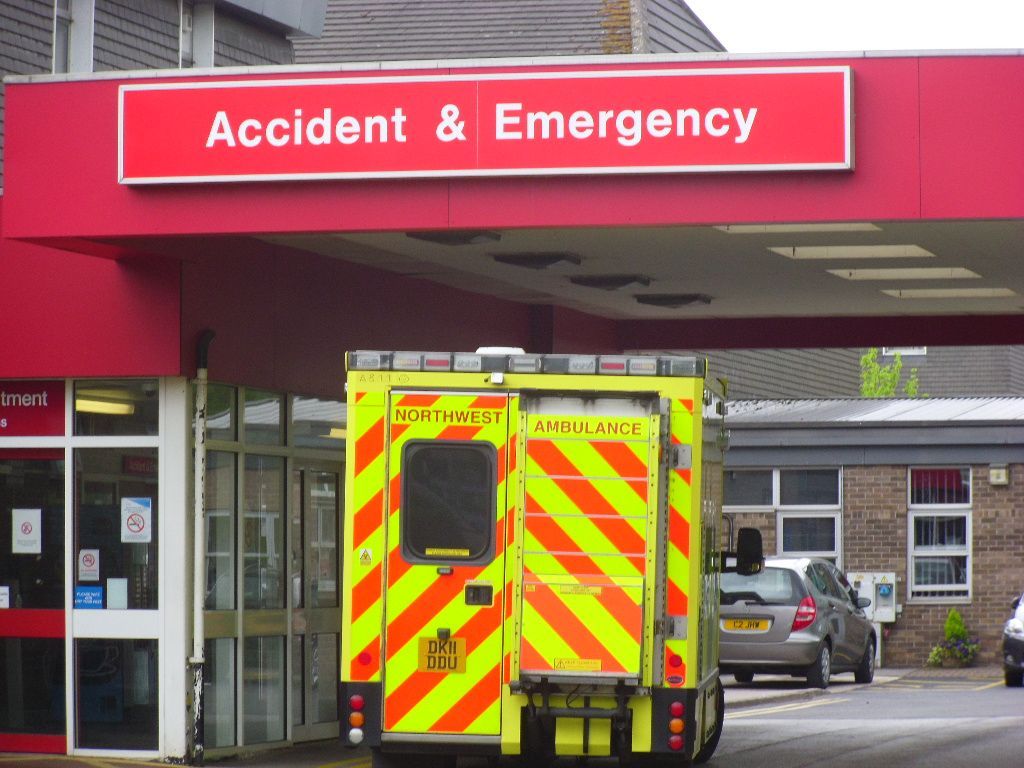Preparing for an Emergency Visit to the Hospital
Unexpected hospital visits can be stressful, but being prepared can make a big difference. Learn how to lower the stress of an emergency room visit with these simple tips

Facing the prospect of an emergency room visit or unexpected hospitalization can be a daunting and stressful experience. However, being well-prepared can significantly reduce anxiety during such moments. This article provides valuable insights and tips to help you stay composed and ready for any unforeseen medical situation.
1. Create an Emergency Contact List
Prepare a comprehensive list of emergency contacts, including family members, friends, and neighbors who can assist you in times of need. Ensure everyone on the list knows about their role and has up-to-date contact information. Having this list readily available can expedite communication and support during an emergency.
2. Maintain an Updated Medical History
Compile a detailed medical history for yourself and your loved ones. Include information about allergies, chronic conditions, medications, and recent surgeries. Keeping this information in an easily accessible format, such as a digital document or printed card in your wallet, ensures that healthcare providers can make informed decisions quickly.
3. Pack an Emergency Hospital Bag
Prepare an emergency hospital bag ahead of time. Include essential items like identification documents (ID cards, driver's license, insurance cards), a list of current medications, comfortable clothing, toiletries, and any medical equipment or aids you may require. Having this bag ready to go can save valuable time in an emergency.
4. Know Your Insurance and Legal Documents
Familiarize yourself with your health insurance policy and legal documents, such as advance directives and living wills. Understanding your coverage and having these documents readily accessible can simplify decision-making processes during a hospital stay.
5. Identify Transportation Options
Have a plan for getting to the hospital in case of an emergency. Know the nearest hospital and how to get there quickly. If you're unable to drive, consider arranging alternative transportation options in advance, such as a ride-sharing service or a designated family member.
6. Communication is Key
Keep open lines of communication with your healthcare providers. Inform them of any changes in your health or medications promptly. Establish a reliable method for receiving medical updates and test results.
7. Stay Informed About Medications
Be knowledgeable about your medications, including dosages and potential side effects. Carry an updated list with you, and inform healthcare providers of any over-the-counter or herbal supplements you're taking.
8. Emergency Care Plan for Chronic Conditions
If you have a chronic health condition, work with your healthcare team to develop an emergency care plan. Understand the warning signs of exacerbations and know when it's necessary to seek immediate medical attention.
9. Stay Calm and Advocate
During an emergency, it's vital to stay as calm as possible. Be prepared to advocate for yourself or your loved one by asking questions, seeking clarification, and ensuring that medical decisions align with your wishes and needs.
10. Emergency Contacts in Your Phone
Save crucial emergency contacts in your phone, including the local hospital, poison control center, and your primary care physician. Make sure your phone is charged and easily accessible at all times.
Remember that emergencies can happen when we least expect them. By taking proactive steps and staying prepared, you can reduce the stress and uncertainty that often accompany hospital visits, ensuring you or your loved one receive the best possible care in critical moments.
You might also like this article:







